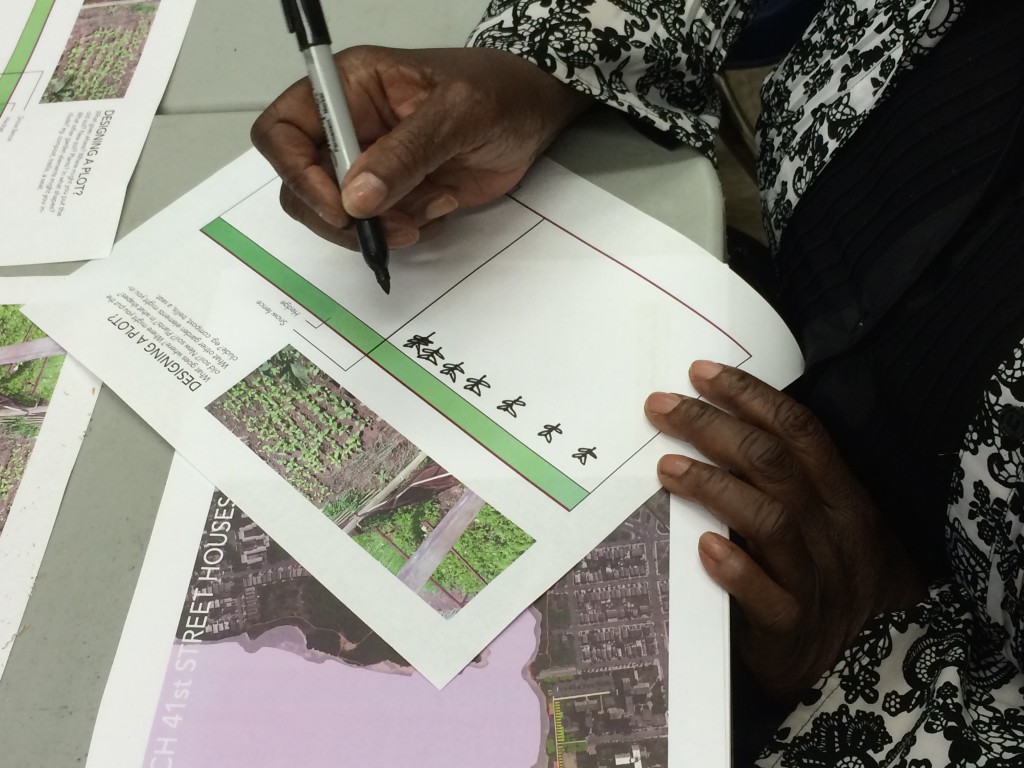Each month in our Open Voices blog we share insight from leaders in our communities who are advancing what it means to have sacred, open green spaces in our cities. In March, we celebrate the success and stability borne from community engagement and planning.
Participation in an urban greening program (such as volunteer gardening) is associated with improved community empowerment and social cohesion. And, when a community is involved in the planning, design and maintenance of a green space everyone benefits in the long-term.
The availability of community gardens and tree planting can be important to local groups, by creating places for culturally significant gardens and planting – strengthening a sense of community and tradition. For example, ethnographic research of recent Southern California immigrants from India, Vietnam, Indonesia, Philippines, Iran, China and Taiwan found that home gardens provided religious or meditation space, supported identity continuity, enabled cultural cuisine, provided ethnomedicine materials, provoked a sense of environmental nostalgia for their home countries while enabling new connections to place, and provided family memorial space for intergenerational linkages.

